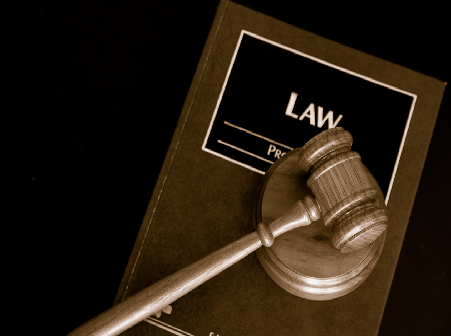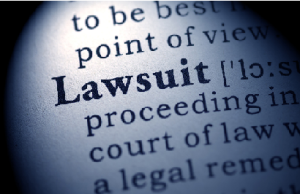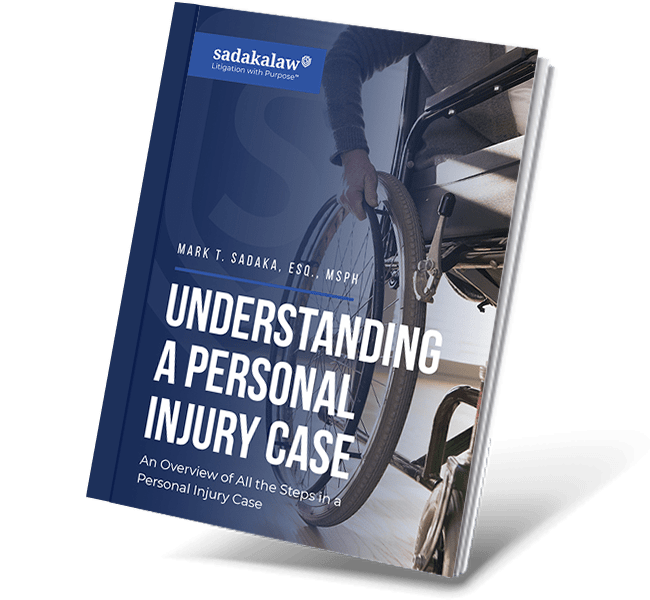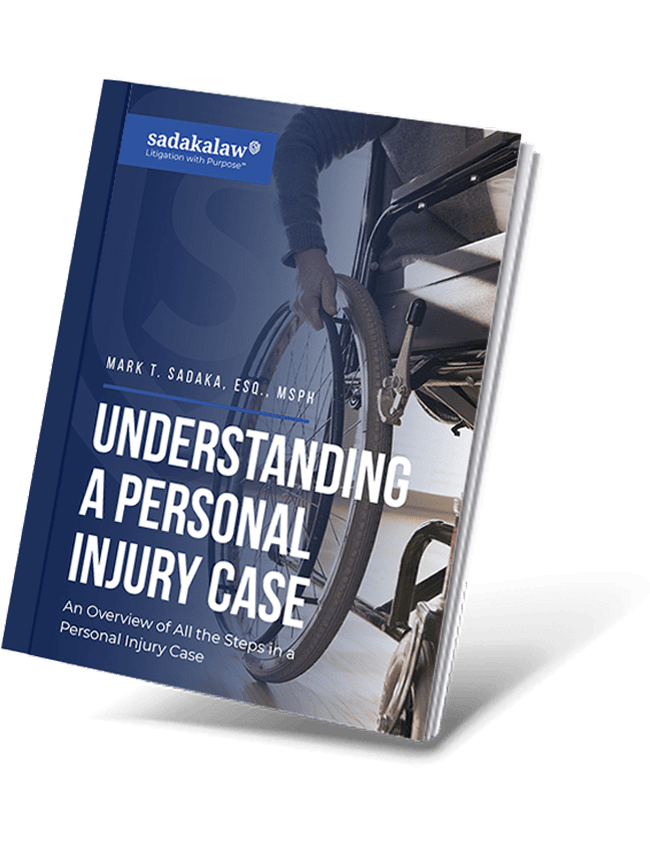
Any company that defrauds the federal government can be held accountable under the False Claims Act (FCA).
The FCA imposes liability on persons or companies who defraud governmental programs furthermore this law includes a “qui tam” (pronounced “kee tam” or “kwee tam”) provision.
What Is A Qui Tam Lawsuit?
Qui tam lawsuits allow individuals who have knowledge of a person, company or organization defrauding the government to “blow the whistle” on the illegal activity.
The person who files a qui tam lawsuit is often referred to as the “relator” or “whistleblower”.
Qui tam is an abbreviation derived from the Latin phrase “who as well for the king as for himself sues in this matter.”
Qui tam cases are different from other cases. In these types of cases the relator, with knowledge of fraudulent activity, files the case on behalf of the government who then decides whether to join the case after conducting their own investigation.
The qui tam provision of the FCA was passed to encourage private citizens to come forward with information about individuals defrauding governmental programs to give the government a chance to recover stolen funds.
The relator is entitled to receive a financial reward for his or her service to the country because otherwise the government would not be aware of the fraudulent activities.
After determining whether the qui tam case is reasonable, the attorney handling the case writes up a document that discusses the details of the allegations, which is also known as a disclosure statement.
The attorney also drafts up a complaint which outlines the facts of the case and the details of the allegations against the defendant along with citing relevant laws and regulations involved.
Then the complaint is filed with the court and kept under seal, which means that only the government and the court are aware the suit has been filed. During this time, the defendant, is not aware of the litigation.
Under the FCA an attorney with the Department of Justice has 60 days to do a required investigation of any allegations of fraud against the government.
Once the investigation is complete the government decides whether they will intervene in the case and, if so, the suit is resolved through a jury verdict or a settlement.



